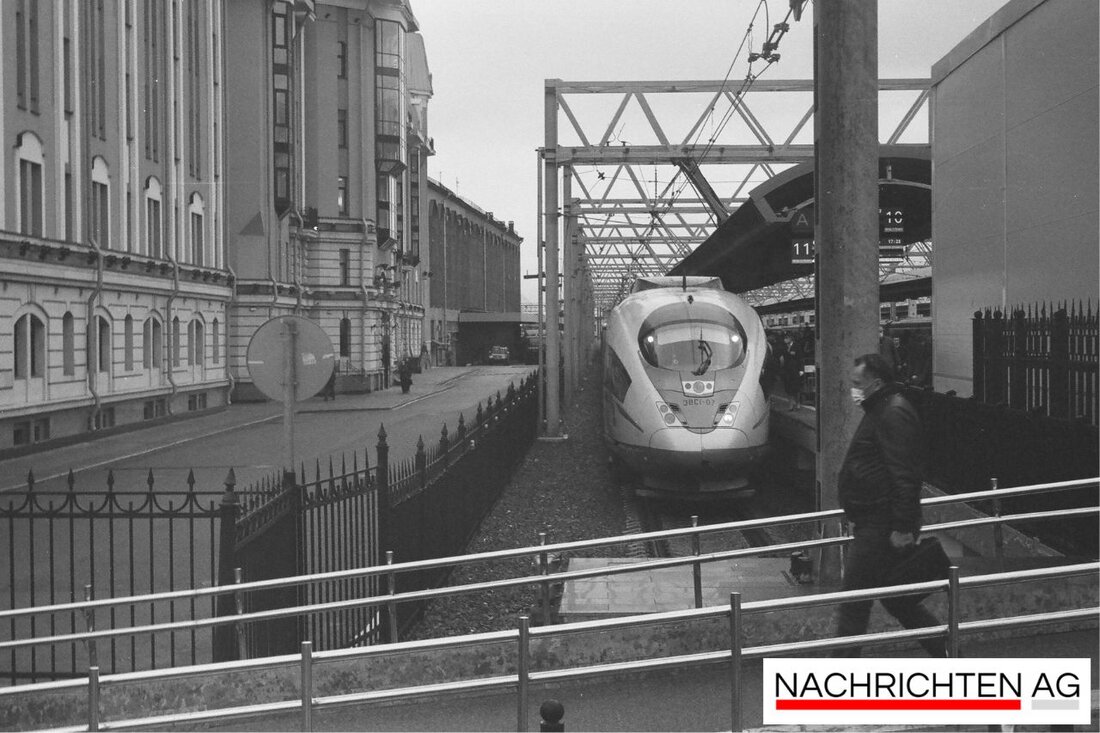Schillchaos in the middle: tourists throw cigarettes and packaging away!
Schillchaos in the middle: tourists throw cigarettes and packaging away!
Mitte, Deutschland - In downtown Berlin, the public space is increasingly stressed by small and packaging waste. This is a central topic that addressed the district councilor for order, environment, nature, streets and green spaces, Christopher Schriner, on July 7, 2025 in a press release. Especially after the revival of street life due to the loosening of Corona restrictions, the demand for road trading opportunities in Mitte has increased, which leads to garbage deposits. According to estimates, cigarette butts, food packaging, crown caps and bottles are the most common types of waste that are disposed of and significantly damage the environment.
The district office Mitte has given a ban on mobile trade in the historical center of the district to ensure traffic safety and cleanliness. This prohibition zone extends from the television tower to the S-Bahnhof Tiergarten and from the main train station to the Landwehr Canal, in which the government district with the Brandenburg Gate and the Street of June 17th is also included. Violations of this ban can be punished with fines of up to 10,000 euros, with the fine for green areas up to 5,000 euros. This strict procedure should not only strengthen the feeling of security, but also benefit the quality of life in the city.
The challenge of the literary
The increase in garbage volume has also to do with the continuing problem of "littering" that experts from the Federal Environment Agency has observed for years. According to a study that was carried out as part of a comprehensive examination for waste disposal, 58% of the experts surveyed have determined an increase in littering in the past five years, while 62% noted an increase compared to ten years ago. The most common types of waste include plastics, in particular disposable packaging and drinks cups that have increasingly appear in public space in recent years.
The problem of careless disposal not only has ecological, but also aesthetic and economic effects. In Germany, it is estimated that only 10-25% of the litter is absorbed by regular street cleaning. Measures to reduce the littering are therefore urgently required, and cities and municipalities are increasingly relying on extended waste containers as well as sensitization and educational measures to raise awareness of waste disposal.
regulations and measures
In addition to the introduction of stricter fines for non -proper waste disposal, the European Union also requires the Member States to implement effective measures to reduce waste quantities. The European Directive 2019/904/EU aims to minimize the effects of certain plastic products on the environment. This guideline is part of a more comprehensive framework law that is subject to the waste framework of 2008/98/EC.
Around 75% of experts already see further need for action and underline the need to use the European framework for measures against littering in Germany. For the citizens in Berlin, this means that they have to adhere to the regulations for waste disposal so as not to fall into the cost trap and contribute to the cleanliness of their city. In this context, the measures of the district office are considered important in order to protect both the local environment and the public places.
To get more information, you can read the press release from the district of the district center here . Further details about the general waste management strategies in Germany can be found on the website of Environmental Federal Office as well as the corresponding statistics at Destatis .
| Details | |
|---|---|
| Ort | Mitte, Deutschland |
| Quellen | |


Kommentare (0)